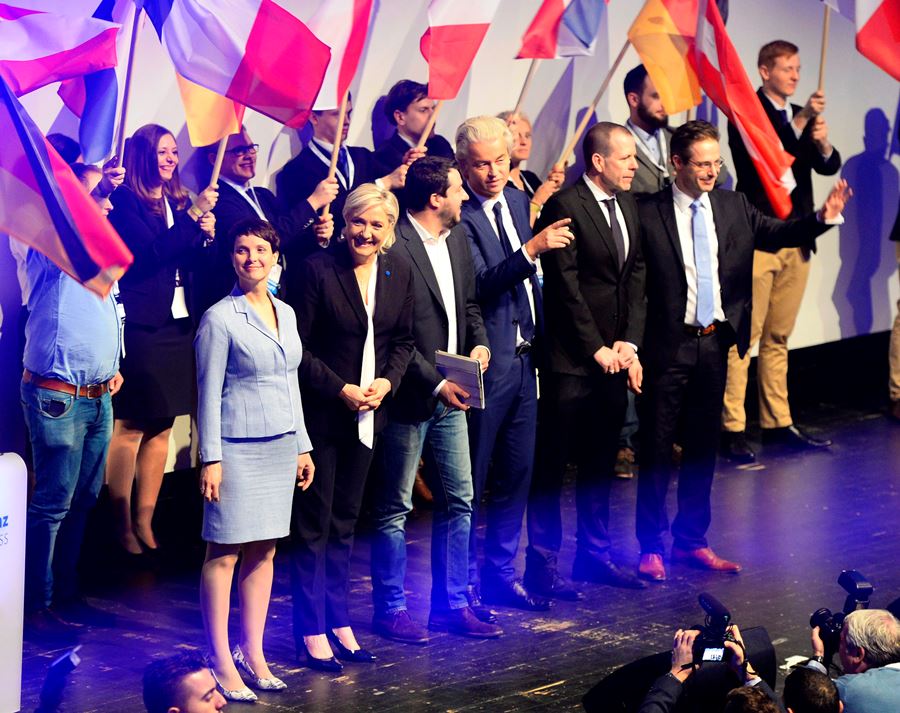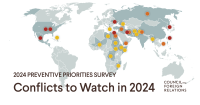In recent years, the political landscape around the world has undergone significant transformation, marked by the meteoric rise of populist movements. These movements, characterized by their appeal to the common people and their critique of the established political order, have reshaped the dynamics of power and governance in many countries. From the United States and Europe to Latin America and Asia, populism has emerged as a formidable force, challenging traditional political elites and institutions.
The Appeal of Populism
At its core, populism is driven by the rhetoric of "us versus them," pitting the ordinary people against a perceived corrupt and out-of-touch elite. This dichotomy is central to the populist narrative, which seeks to galvanize support by tapping into the frustrations and grievances of the electorate. Economic inequality, cultural dislocation, and political disenchantment have all contributed to the fertile ground in which populism thrives.
Economic factors play a significant role in the populist surge. In many Western countries, the aftermath of the 2008 financial crisis left a legacy of economic hardship and insecurity. Stagnant wages, job losses, and austerity measures eroded trust in traditional political parties and institutions, creating a vacuum that populists were quick to fill. Promising to restore jobs, protect national industries, and roll back globalization, populist leaders resonated with those who felt left behind by the global economy.
Cultural and social issues have also fueled the rise of populism. Immigration, national identity, and cultural change are hot-button topics that populist leaders exploit to galvanize support. In Europe, the migrant crisis of 2015 provided a significant boost to far-right populist parties, who capitalized on fears about security, cultural integration, and national identity. Similarly, in the United States, the debate over immigration and border security was a cornerstone of Donald Trump's 2016 presidential campaign.
The Populist Playbook
Populist leaders often employ a distinct set of strategies to gain and maintain power. Charismatic leadership is a hallmark of populism, with figures like Donald Trump, Jair Bolsonaro, and Narendra Modi embodying the strongman image. These leaders project themselves as the sole champions of the people's will, often bypassing traditional media and institutions through direct communication channels like social media.
Anti-establishment rhetoric is another key feature of populism. By positioning themselves as outsiders who will "drain the swamp" or "clean up" politics, populists attract voters disillusioned with the status quo. This rhetoric is frequently accompanied by attacks on the judiciary, the press, and other democratic institutions, which are portrayed as part of the corrupt elite.
Nationalism and protectionism are also central to the populist agenda. Populist leaders advocate for policies that prioritize national interests over international cooperation, often leading to a more isolationist and protectionist stance in foreign and economic policy. This has significant implications for global trade, alliances, and international relations, as seen in the trade wars and renegotiation of treaties initiated by populist administrations.
The Challenges and Criticisms
While populism has successfully mobilized widespread support, it has also faced significant criticism and posed challenges to democratic governance. Critics argue that populism's simplistic and divisive rhetoric undermines social cohesion and democratic norms. The emphasis on strongman leadership and the frequent attacks on democratic institutions raise concerns about the erosion of checks and balances and the concentration of power.
Moreover, the populist approach to complex issues like immigration, economic policy, and international relations often lacks nuance and can lead to ineffective or harmful policies. The Brexit saga in the United Kingdom is a case in point, where populist promises of reclaiming sovereignty and economic independence have encountered the harsh realities of political and economic complexity.

The Future of Populism
As populism continues to shape global politics, its future trajectory remains uncertain. The COVID-19 pandemic, economic uncertainties, and ongoing social changes will test the resilience and adaptability of populist movements. In some countries, the challenges of governance and the reality of implementing populist policies may lead to a backlash and a return to more traditional political forces.
However, the underlying issues that gave rise to populism – economic inequality, cultural anxiety, and political disenchantment – are unlikely to disappear anytime soon. Addressing these issues will require more than just rhetoric; it will necessitate substantial policy changes and a reinvigoration of democratic institutions to restore trust and engagement with the electorate.
In conclusion, the rise of populism marks a significant shift in the political landscape, reflecting deep-seated discontent and a demand for change. Whether this change will lead to a more inclusive and responsive political system or further polarization and instability remains one of the critical questions of our time.







